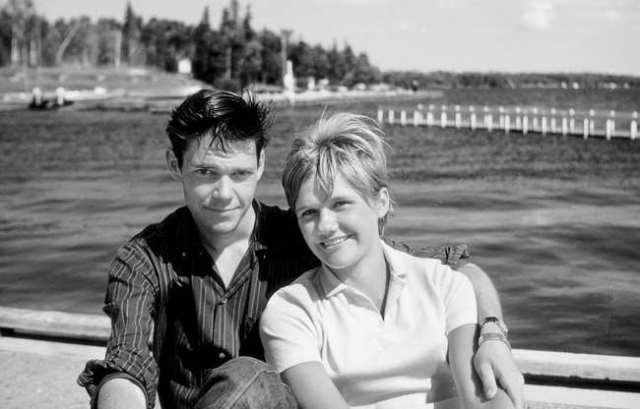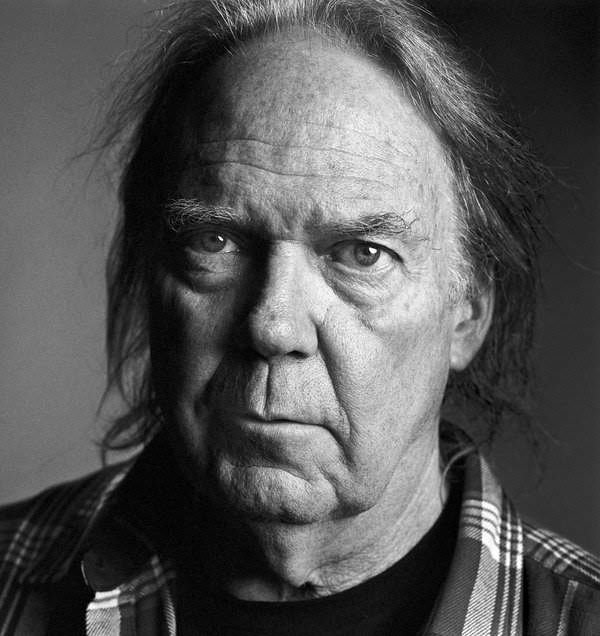ALAN WATTS:
The political and personal morality of the West, especially in the United States, is utterly schizophrenic. It is a monstrous combination of uncompromising idealism and unscrupulous gangsterism, and thus devoid of the humor and humaneness which enables confessed rascals to sit down together and work out reasonable deals. No one can be moral without coming to a working arrangement between the angel in himself and the devil in himself, between his rose above and his manure below….
Does it really take any considerable time or effort just to understand that you depend on enemies and outsiders to define yourself, and that without some opposition you would be lost? To see this is to acquire, almost instantly, the virtue of humor, and humor and self-righteousness are mutually exclusive. Humor is the twinkle in the eye of a just judge, who knows that his is also the felon in the dock. How could he be sitting there in stately judgment, being addressed as “Your Honor” or “Mi Lud,” without those poor bastards being dragged before him day after day? It does not undermine his work and his function to recognize this. He plays the role of judge all the better for realizing that on the next turn of the Wheel of Fortune he may be the accused, and that if all the truth were known, he would be standing there now.
If this is cynicism, it is at least loving cynicism—an attitude and an atmosphere that cools off human conflicts more effectively than any amount of physical or moral violence. For it recognizes that the real goodness of human nature is its peculiar balance of love and selfishness, reason and passion, spirituality and sensuality, mysticism and materialism, in which the positive pole has always a slight edge over the negative. Thus when the two poles, good and bad, forget their interdepedence and try to obliterate each other, man becomes subhuman—the implacable crusader or the cold, sadistic thug.
—The Book: On the Taboo Against Knowing Who You Are, 1966



